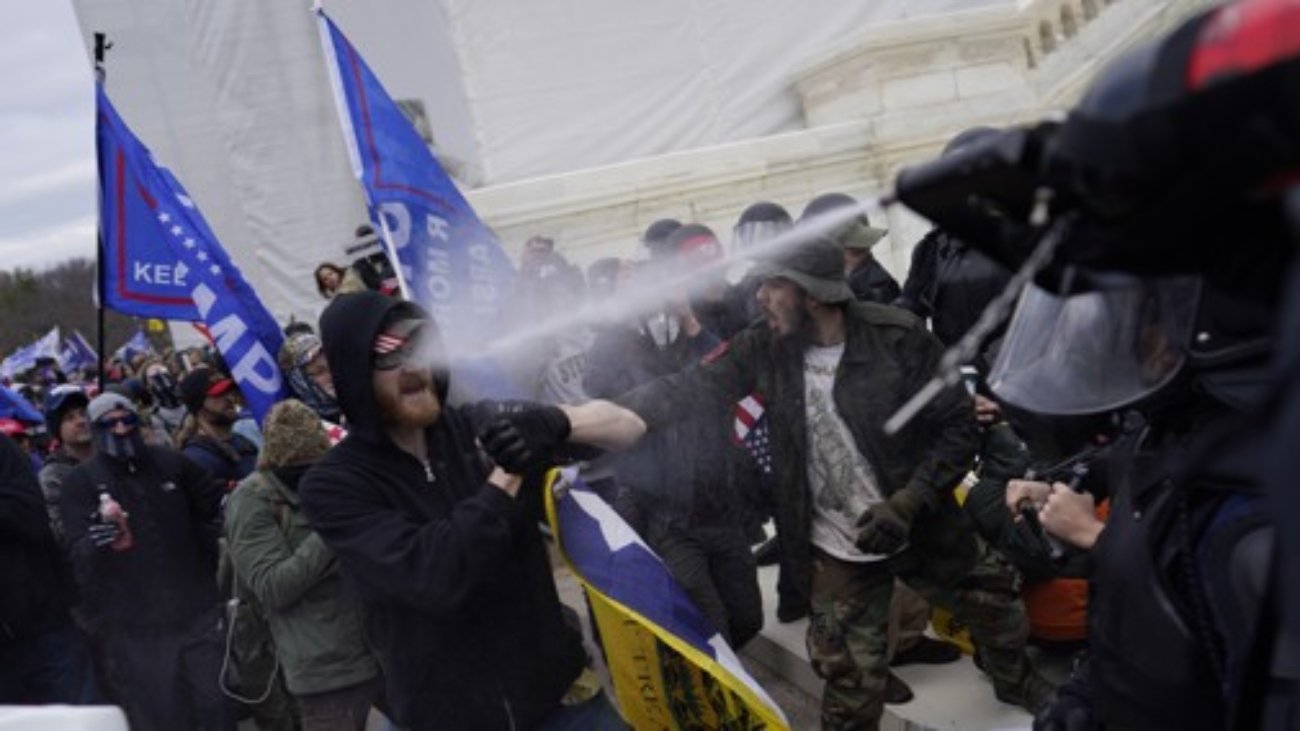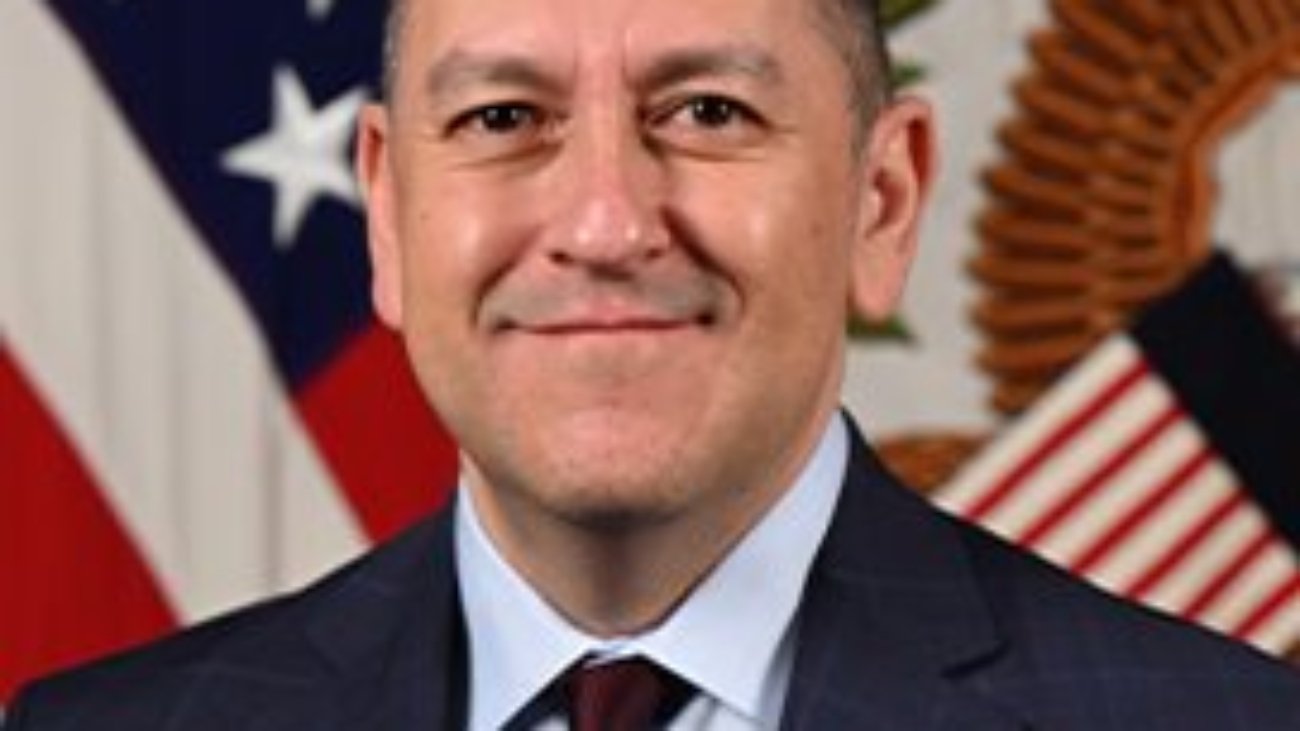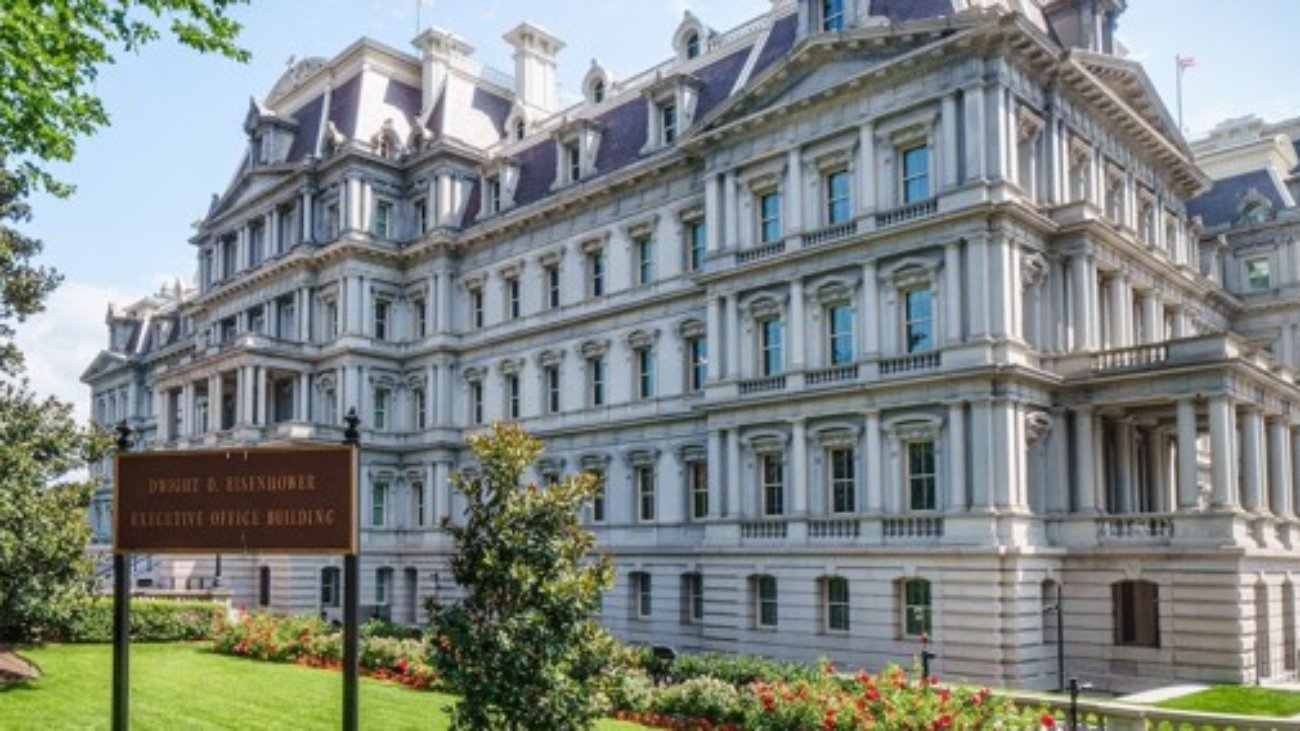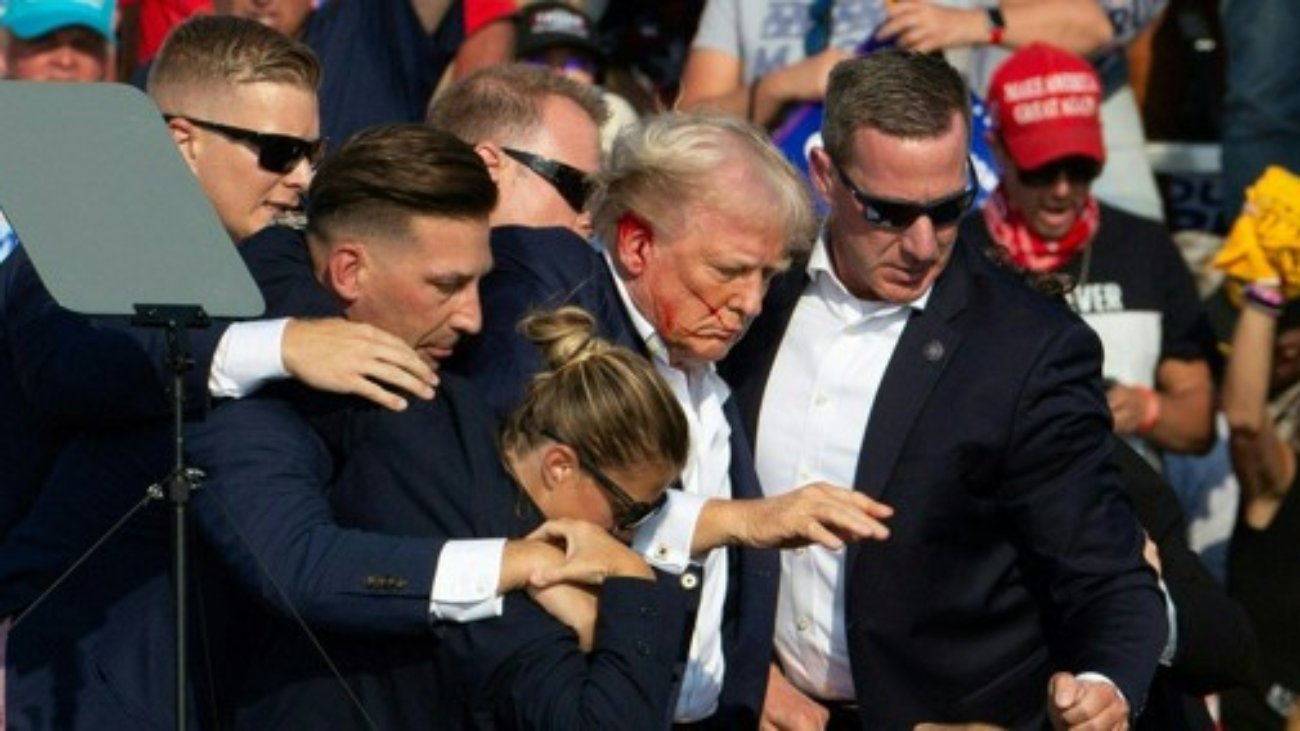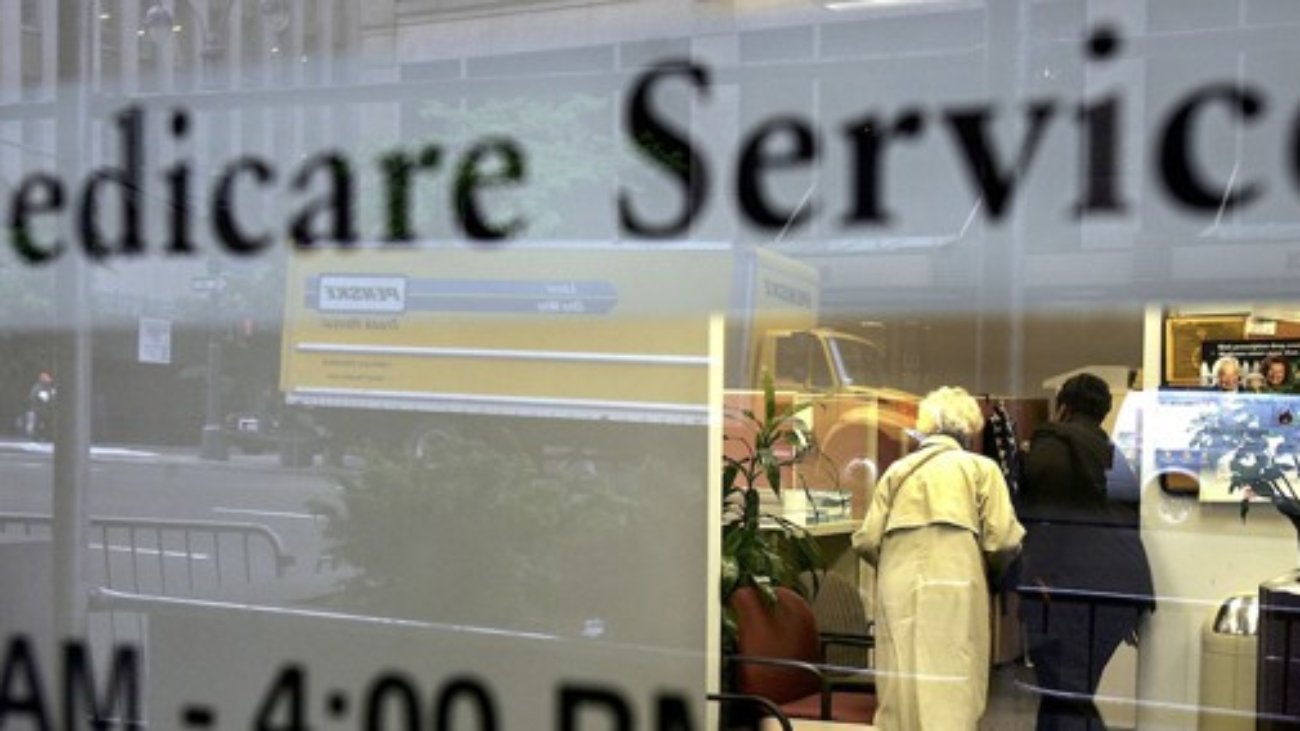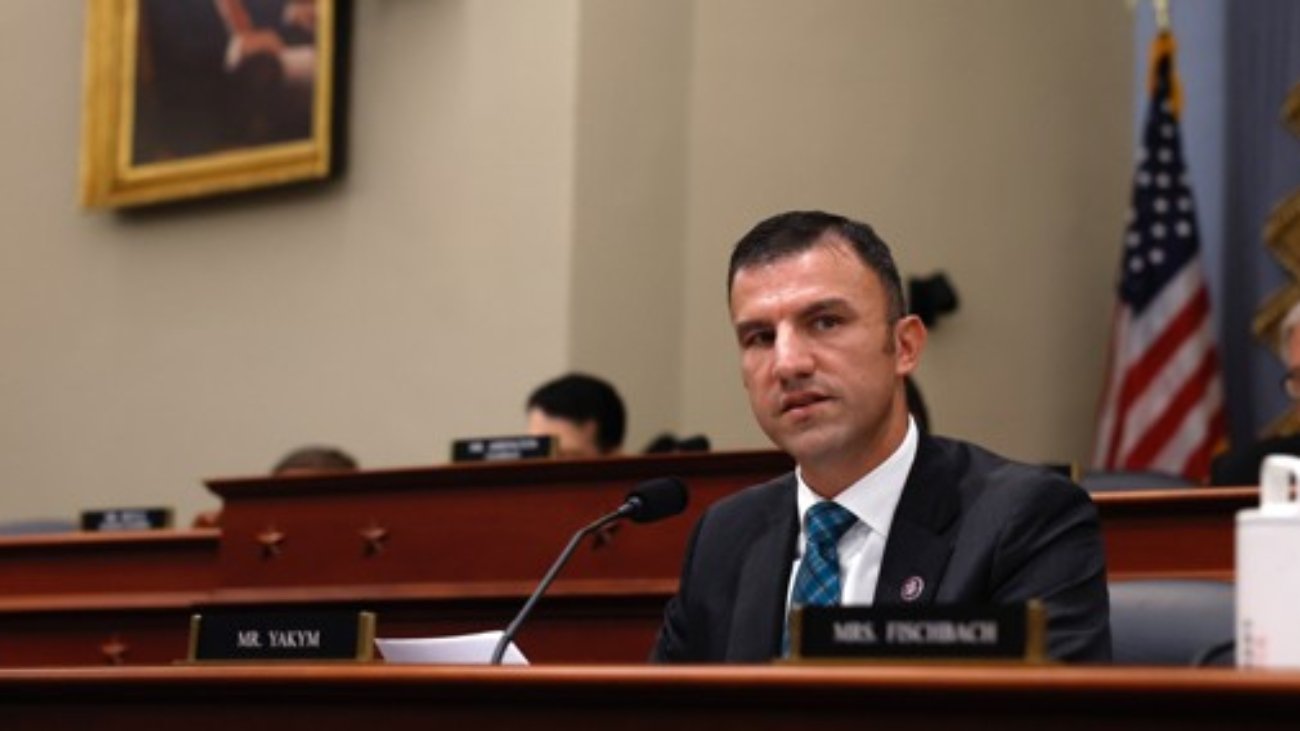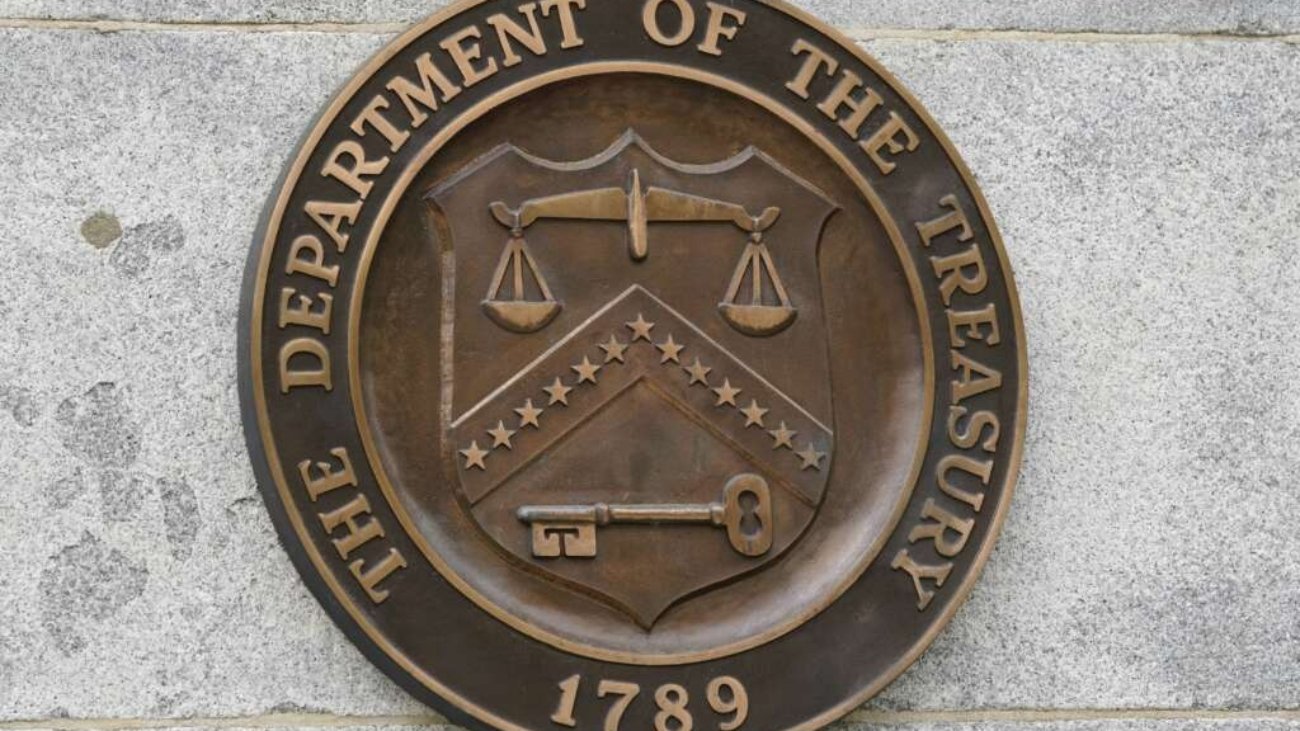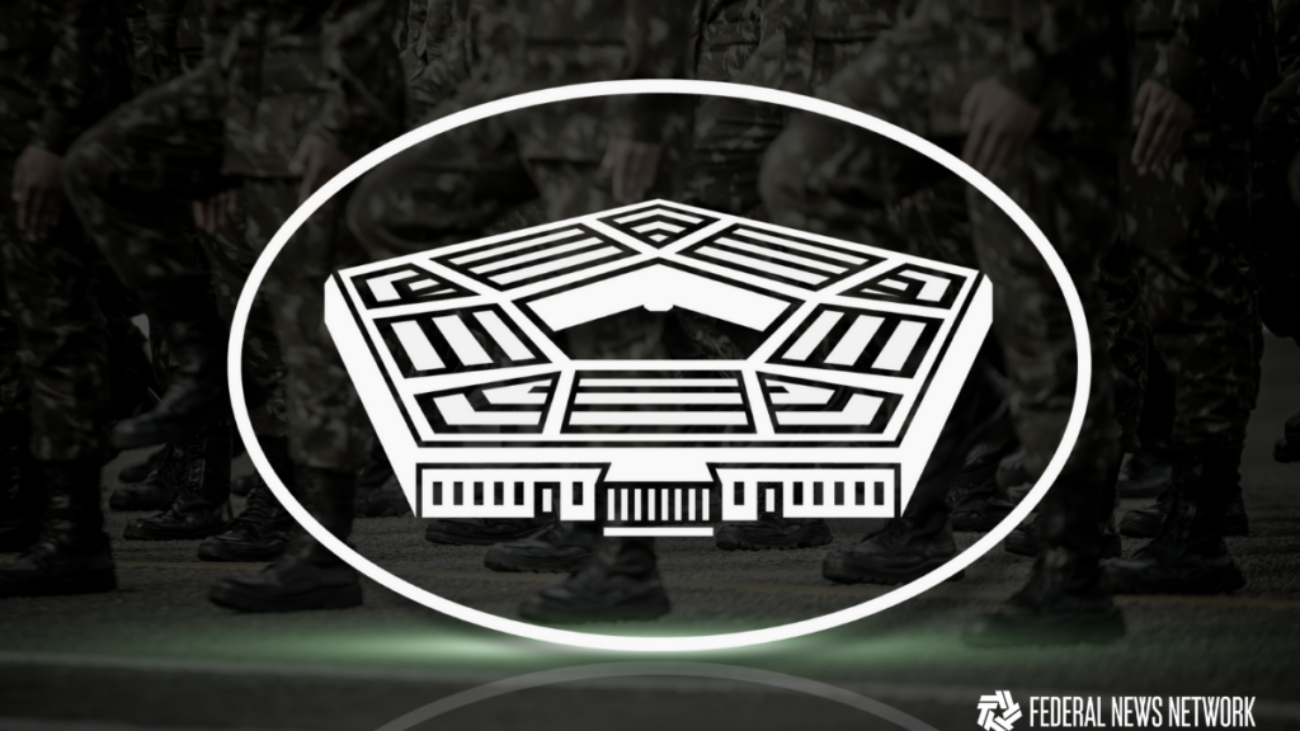The threat of political violence will likely hang over the nation’s capital in the weeks following Election Day, security experts say, despite intensive preparations by law enforcement officials determined to avoid another Jan. 6 insurrection.
The 2,000-plus officers who make up the U.S. Capitol Police, as well as other federal law enforcement agencies like the Secret Service, have responded to a surge in threats against elected officials during the last few years, including two assassination attempts against Republican presidential candidate Donald Trump just this year.
But the threats, attacks and shooting have led to questions about whether the two agencies are truly prepared for the presidential transition, especially after a report released this week said the Secret Service “requires fundamental reform to carry out its mission.”
The agency is tasked with planning and coordinating security for Congress’ certification of the Electoral College on Jan. 6 —the first time it’s been designated a National Special Security Event — and Inauguration Day on Jan. 20.
Experts interviewed by States Newsroom said there is a very real chance of political violence in the weeks and months ahead, though they said law enforcement agencies have learned from recent events. The unrest could build after what is expected to be a very close presidential election, with results possibly delayed for days or longer or even litigated in the courts.
“Unfortunately, you can never have 100% security,” said Javed Ali, associate professor of practice at the Gerald R. Ford School of Public Policy at the University of Michigan.
“It’s nice to think that would exist. But, if you’re trying to consider all the different kinds of variables that you have to plan for, there’s always going to be a gap or vulnerability — now what you try to do is kind of minimize the big one and hope that the small ones don’t get exploited.”
Darrell M. West, the Douglas Dillon Chair in Governmental Studies at the Brookings Institution, said the risk of political violence could increase following Election Day if one or more political leaders object to the outcome.
“For months, we’ve been hearing extreme and sometimes violent rhetoric,” West said. “And rhetoric has consequences — it can encourage some people to take action.”
Trump has refused to accept the 2020 election results, and his running mate, Sen. J.D. Vance, R-Ohio, declined to say Trump lost the election. Vance on Oct. 12 said there was a “peaceful transfer of power” in January 2021.
Trump has repeatedly recycled false claims he made following his loss that the system is rigged — a talking point he’s likely to use to rile up supporters should he lose this year’s election. Trump has been charged by special counsel Jack Smith with four felony counts in connection with 2020 election interference, in a complex case that will continue after the election.
Threats against lawmakers
Members of Congress are more vulnerable than presidential candidates, in part because most lawmakers live in normal houses and don’t have security details anywhere close to the kind the Secret Service provides for high-ranking officials.
And unlike the presidency, which has a long line of succession to avoid gaps in authority following a death or a crisis, Congress has been criticized for not having better plans in place to address continuity of government following a mass casualty or similar event.
U.S. Capitol Police Chief J. Thomas Manger testified in April the agency was looking for ways to bolster protection for lawmakers in the line of presidential succession, like the speaker of the House and Senate president pro tempore.
Manger told the panel that security for those two officials was substandard to that provided for the Secretary of State, who sits below them in the line of succession.
“We can’t just go back to the days when we said, ‘Well, we’ll just follow them around and we’ll make sure they’re well protected wherever they are,’ because their homes, their families are at risk,” he testified.
Members of Congress who haven’t risen to the ranks of leadership don’t get security details unless there are specific threats to their safety. And those aren’t permanent.
That could present challenges for lawmakers who have higher profiles or who regularly receive threats, especially if people respond violently to the election results and encourage their supporters to take matters into their own hands.
Trump assassination attempts
Making the situation more complicated, this year has shown that substantial levels of security aren’t a guarantee of safety.
Trump has some of the highest levels of protection in the country, if not the world, but that did not stop a man from shooting at the former president during a rally in Pennsylvania this summer. A separate would-be gunman was spotted and apprehended just off Trump’s Florida golf course with a semi-automatic weapon in September.
Both instances raised questions about the Secret Service’s ability to protect Trump as well as others, though agency leaders maintain they’re up to the task.
Trump’s experiences, as the subject of political violence, haven’t deterred him from spreading disinformation about Democratic presidential nominee Kamala Harris as well as other lawmakers who disagree with him on policy issues.
Trump’s comments about immigrants have also led to threats against everyday people, including Haitian immigrants in Ohio, who are in the country legally.
During an interview with Maria Bartiromo on “Sunday Morning Futures” on Fox News earlier this month, Trump said he may use the National Guard or the military against his political opponents should he win reelection, calling them “the enemy from within.”
“We have some very bad people,” Trump said. “We have some sick people. Radical left lunatics. And it should be very easily handled by, if necessary, by National Guard, or if really necessary by the military, because they can’t let that happen.”
The military and National Guard have significantly different training programs and missions than local, state, or federal law enforcement, making Trump’s comments somewhat darker than previous claims he’d try to put his political opponents in prison if reelected.
Trump hasn’t committed to respecting the results of the election or supporting a peaceful transition in power should he lose his bid for the White House.
Trump’s comments could indicate that violence is likely following the election, if he loses, or after he regains the powers of the presidency, if he wins.
Delayed election results predicted
West from the Brookings Institution said violence isn’t likely to take place in the days immediately following the end of voting on Nov. 5, since it’s unlikely anyone learns the results of the presidential election for a few days.
The Associated Press didn’t call the race for President Joe Biden until the Saturday after the election in 2020, following days of speculation and ballot counting.
Mail-in ballots, which Democrats tend to submit in larger numbers than Republicans, could lead to confusion in swing states, especially if people don’t understand they tend to boost numbers for Democratic candidates over GOP politicians as they’re counted, he said.
“We could end up in a situation where on election night, Trump is ahead, because we know Republicans tend to vote in person on Election Day, and Democrats often vote via mail ballots,” West said. “And then as the mail ballots get counted on Wednesday, Thursday and Friday, the numbers may shift from Trump to Harris.
“And I think that’s a very bad combination, because it will look to some individuals like voter fraud, even though there’s a perfectly logical explanation for the change. But that’s a scenario that could lead to violence, because it’ll look like the election is being stolen from Trump.”
While the presidential candidates will play a significant role in stirring up or calming down their supporters, members of Congress, many of whom sought to legitimize misinformation and disinformation four years ago, have responsibilities as well.
“We need leaders who act responsibly, but unfortunately, in the last few months, we have not seen that,” West said. “We’ve seen members of Congress who have promoted misinformation. There’s been a lot of it surrounding the hurricane, and so the fear is that there will be blatant lies that then will incite people to take action.”
Learning from 2020
Ali, from the University of Michigan, said he expects federal law enforcement will be better prepared for post-election violence than they were four years ago, though there are still chances for violent people to slip through the cracks.
The most likely scenario, Ali said, is a single actor or “lone wolf” attack and not a mob marching to the Capitol, the way Trump supporters did on Jan. 6.
“I still think it’s relatively low,” Ali said of the likelihood of violence. “But as we’ve seen, all it takes is one person to really shake up the perception of security. And if they’re aiming at President Trump or Vice President Harris, well then, you know the stakes are even higher.”
Ali said he’s confident that the Secret Service, U.S. Capitol Police and other law enforcement agencies in the Washington, D.C., area are preparing for various scenarios, though he’s less sure about what would happen if there’s violence at state capitals.
“There might be a little more vulnerability there,” Ali said. “But I still think, at least when we’re getting to the Electoral College (certification) day, that January 6th-type insurrection will be almost impossible to pull off.”
When it comes to spreading disinformation, Ali said, he expects there will be a combination of foreign adversaries, including Iran and Russia, as well as domestic actors.
“You’ll probably see a lot of disinformation, especially if Vice President Harris wins, sort of casting doubt on the integrity of the voting, the credibility of the process, maybe going after specific individuals and key swing states, or even counties,” Ali said.
“All those things that were happening in 2020. But there were also costs to doing that, as we’ve seen too, with the civil charges and some of the potential criminal ones as well,” he added. “So I think that’s also an area domestically, where people will have to tread very cautiously. That doesn’t mean that you won’t see it, but again, there might be a line that gets crossed where people will be held accountable for that.”
‘More prepared than ever before’
U.S. Capitol Police Inspector General David T. Harper said USCP leadership has implemented the 100-plus recommendations put forward by his predecessor following the Jan. 6 attack, closing gaps that existed that day.
“I think they’ve made a lot of improvements, and I think that they’re more prepared than ever before,” Harper said, though he later added he couldn’t “say for certain that they are prepared to handle anything that can come up” due to the unpredictable nature of domestic terrorism and political violence.
The OIG is also “prepared to be all hands on deck” in the event of another attack on the Capitol or lawmakers takes place, to analyze what went wrong and make recommendations for USCP to implement, he said.
Harper, whose tenure as inspector general began earlier this year, noted during the interview that much of what he can publicly discuss is restricted by national security concerns.
The U.S. Capitol Police declined an interview request from States Newsroom, but provided written information about changes that it’s implemented during the last few years.
Among those is a law approved by Congress that allows the USCP chief to request the National Guard without the approval of the three-member Capitol Police board.
USCP has also overhauled its intelligence-gathering activities and established partnerships with other law enforcement agencies to bolster its ranks ahead of major events.
Secret Service planning for Jan. 6
The Secret Service is one of those partners and it will take the lead this year planning security for major events during the presidential transition, even those undertaken by Congress inside the Capitol.
While Inauguration Day has traditionally been categorized as a National Special Security Event, the Department of Homeland Security has extended that classification for the first time for Congress certifying the winner of the presidential race on Jan. 6.
Nate Herring, spokesperson for the United States Secret Service, said part of the process includes planning with other law enforcement agencies for “various scenarios” that could take place, including the Federal Bureau of Investigation and the Metropolitan Police Department.
“We work very closely with our partners throughout the whole planning process,” Herring said. “And D.C. is especially unique because National Special Security Events occur fairly frequently.”
But the Secret Service’s leadership and structure have come under scrutiny during the last few months.
The four-member panel tasked with investigating the Pennsylvania assassination attempt against Trump wrote in the 52-page report released in mid-October that the Secret Service “has become bureaucratic, complacent, and static even though risks have multiplied and technology has evolved.”
“This is a zero-fail mission, for any failure endangers not only the life of the protectee, but also the fundamentals of our government itself,” they wrote.
Without substantial changes to the Secret Service, the independent review panel wrote, it believes the type of deadly attack that took place in Butler, Pennsylvania, “can and will happen again.”
Homeland Security Secretary Alejandro Mayorkas released a written statement after the report’s release, saying the department had begun “taking the actions needed to advance the Secret Service’s protection mission,” including addressing the “systemic and foundational issues” described by the review panel.
D.C. planning
District of Columbia Assistant City Administrator Chris Rodriguez said that city officials will be watching for any indications people intent on violence begin traveling or gathering inside the city following Election Day.
“We are obviously attuned to what happened last time. I mean, I don’t think we can ignore that, and we’re not,” Rodriguez said, referring to the Jan. 6 attack. “But we also are in a place where we have great relationships among our agencies within the region, with the federal government in terms of coordination, and we will be prepared to adapt our operational posture in any way that we need to.”
D.C. Mayor Muriel Bowser originally requested the NSSE designation for Jan. 6, which Rodriguez said has increased planning and coordination, in hopes of avoiding any violence.
Rodriguez also stressed D.C. officials and the city’s police department are used to planning for the large crowds and protests that tend to take place whenever there’s a presidential transition.
“We are a city that prides itself, as the nation’s capital, to ensuring that there is a peaceful transition of power,” he said. “And we will do our part to ensure that.”
Tennessee Lookout is part of States Newsroom, a nonprofit news network supported by grants and a coalition of donors as a 501c(3) public charity. Tennessee Lookout maintains editorial independence. Contact Editor Holly McCall for questions: info@tennesseelookout.com. Follow Tennessee Lookout on Facebook and X.


